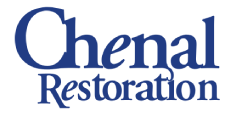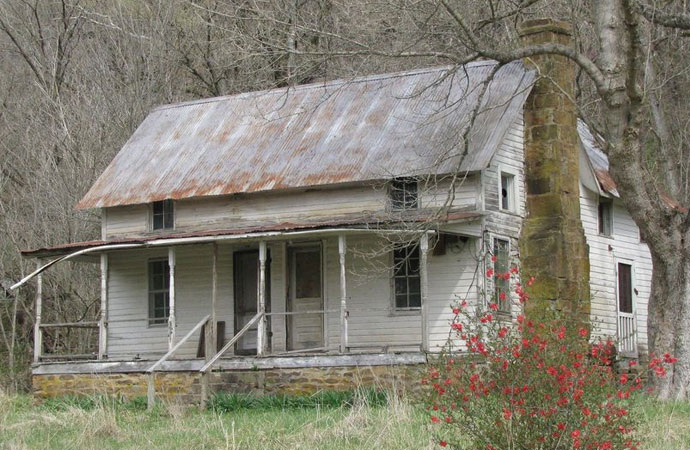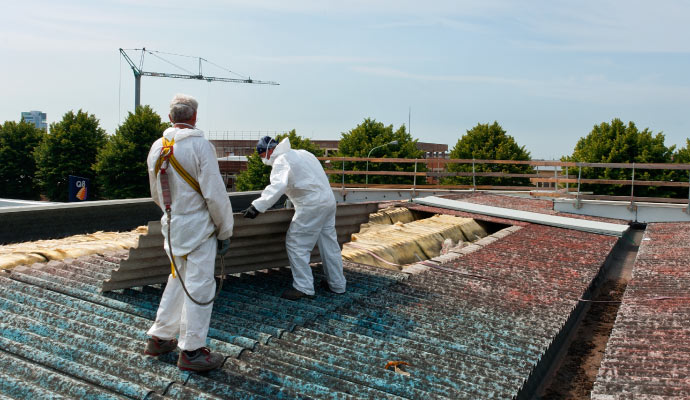
Expert Asbestos Removal in Little Rock, Benton and Conway
Even though asbestos is no longer used in manufacturing, property owners still face its consequences. Asbestos was once used to strengthen and improve thousands of products, but exposure to it can result in severe health issues. Due to these health risks and commercial regulations, seeking professional asbestos removal services and abatement is important.
Chenal Restoration is uniquely qualified to perform safe, effective, and compliant asbestos cleanup and removal in residential and commercial buildings. Our specialists have put together essential information about asbestos to help you understand the inspection and potential removal process. We eliminate this hazardous material and address asbestos problems on-site. Call or contact us online questions or concerns about possible asbestos on your property.
501-509-8855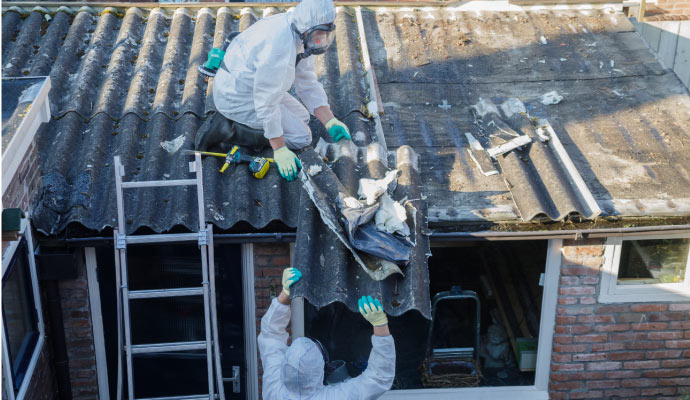
What Is Asbestos?
Asbestos, once a popular building material, was widely used for its heat-resistant and durable qualities, especially from the late 1800s to the 1970s. It was commonly found in insulation, roofing, flooring, and fireproofing materials in homes, offices, or industrial properties. Although prized for its resistance to fire and corrosion, asbestos poses serious health risks when inbreathe.
These risks led to significant restrictions and bans starting in the 1970s. However, asbestos can still be present in older structures, making professional removal critical during renovation or demolition to avoid releasing harmful fibers into the air.
How Can Dangerous Asbestos Exposure Occur?
Asbestos exposure can occur mainly through inadvertent consumption of hazardous particles, or inhaling them. Any asbestos exposure is hazardous, but the more dangerous ones include the following:
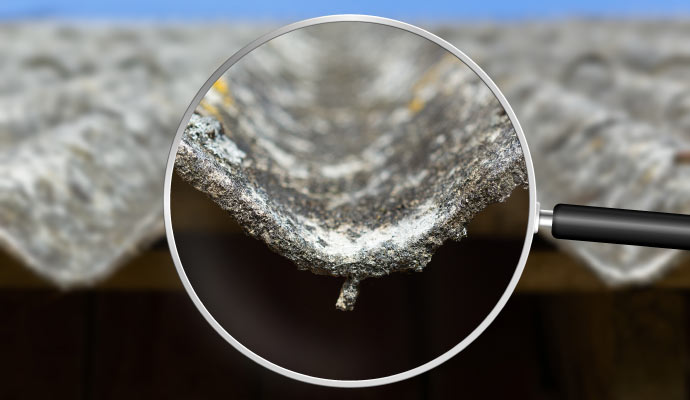
- Asbestos Inhalation: Asbestos fibers can be easily inhaled and pose serious health risks when they become airborne. Several types of asbestos, known for their sharp fibers, are particularly hazardous. Actinolite was used in drywall, paint, insulation, and cement. Amosite, or brown asbestos, was common in roofing, insulation, and other building materials. Crocidolite, the most hazardous type of asbestos, is easy to sniff due to its fine fibers and was used in insulation and tiles. Anthophyllite, though less common, appeared in cement and insulation, while Tremolite, once used in paint, sealants, and roofing, is heat-resistant and was woven into fabrics before its mining ceased.
- Asbestos Ingestion: Ingesting or swallowing airborne asbestos fibers is also particularly hazardous. Chrysotile, also known as white asbestos, is most commonly associated with ingestion, though it can also be inhaled. Despite claims by some companies that chrysotile asbestos is safe in specific products, health experts agree that all types of asbestos pose cancer risks, and no level of exposure is considered safe. Even minimal asbestos exposure through inhalation or ingestion can have serious long-term health effects.
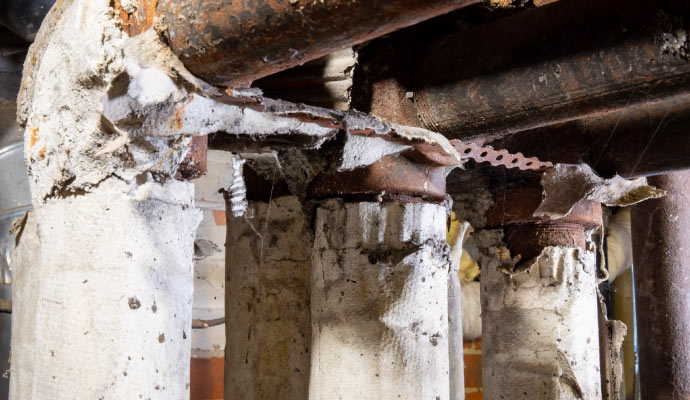
Where Asbestos is Commonly Found
Asbestos can often lurk in unexpected places throughout older buildings, so addressing potential hazards before they become serious health risks is essential. Chenal Restoration performs asbestos removal from many common construction materials , including:
- Steam pipes, boilers, and furnace ducts
- Floor tiles made with vinyl asbestos, asphalt, or rubber
- Appliances such as heaters and ovens
- Asbestos cement roofing, shingles, and siding
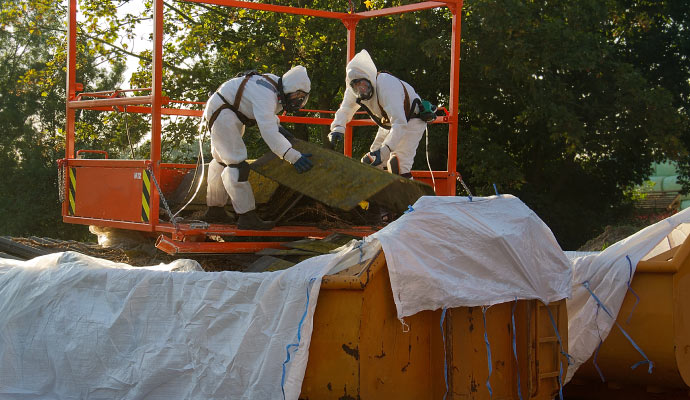
What to Expect During Asbestos Removal in Little Rock and Bryant
If you suspect the presence of asbestos on your property, it is imperative to seek the help of a reputed company like Chenal Restoration. Federal regulation enforces strict asbestos removal guidelines. Our licensed, trained, and certified professionals follow these guidelines:
- Seal off the work area with plastic sheeting to prevent fibers from spreading.
- Run HEPA air filters and clean air exhaust ducts to clean the air within and outside the work area.
- Wear protective suits and respirators while removing asbestos.
- Inspect the area throughout the process to ensure complete removal.
- Place asbestos materials in labeled, double plastic bags.
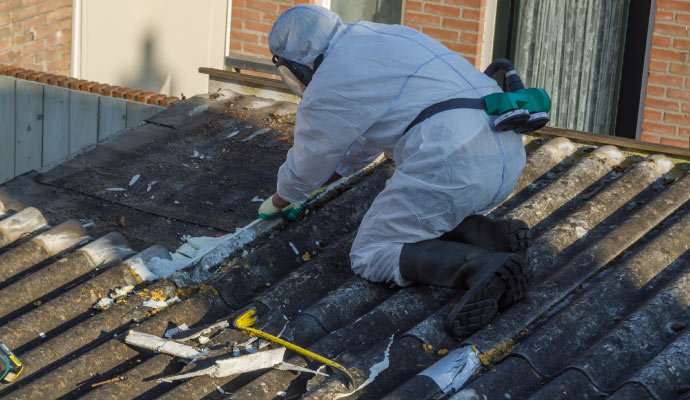
Why Us for Asbestos Removal?
Asbestos removal is essential for protecting health, ensuring regulatory compliance, and minimizing exposure risks. When asbestos is suspected at your residential, commercial, or industrial property, contacting our professionals for asbestos removal or demolition is strongly recommended. Chenal Restoration will collect and test samples to determine contamination levels, then we'll formulate a remediation plan.
It is also possible to encapsulate and isolate small amounts of asbestos to minimize airborne spread. However, asbestos removal and regulated disposal should be left to experts. We make properties safer in Little Rock, Conway, Cabot, Benton, and more Arkansas cities.
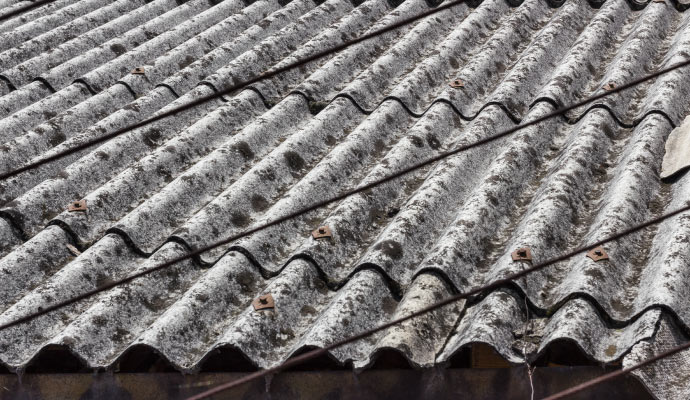
Asbestos Hazards We Safely Remove
Asbestos is a well-known carcinogen, meaning it has the potential to cause cancer. When asbestos-containing materials are disturbed, they release microscopic fibers into the air. Once inhaled, these fibers can become permanently lodged in the lungs or other parts of the body. Long-term exposure to these fibers has been linked to serious health issues such as lung cancer, ovarian cancer, and mesothelioma. To remove potential health hazards of asbestos, turn to the Chenal Restoration experts if you suspect dangerous levels on your property.
Call Us Now for Safest Asbestos Removal in Conway and North Little Rock
If you're unsure about whether asbestos is in your home or commercial property, don't delay finding out. It's crucial to know so you can take the necessary steps to keep your family, employees, and yourself safe from serious health hazards. Rely on Chenal Restoration for every step of the asbestos abatement process, including inspection, decontamination, removal, and final cleanup.
We're experienced with asbestos removal and use the latest equipment and expertise for abatement and and remediation. We also assist property owners with water damage, fire and smoke damage, mold remediation, disaster restoration, and more. Call or contact us online for an appointment with an asbestos removal specialist.
501-509-8855